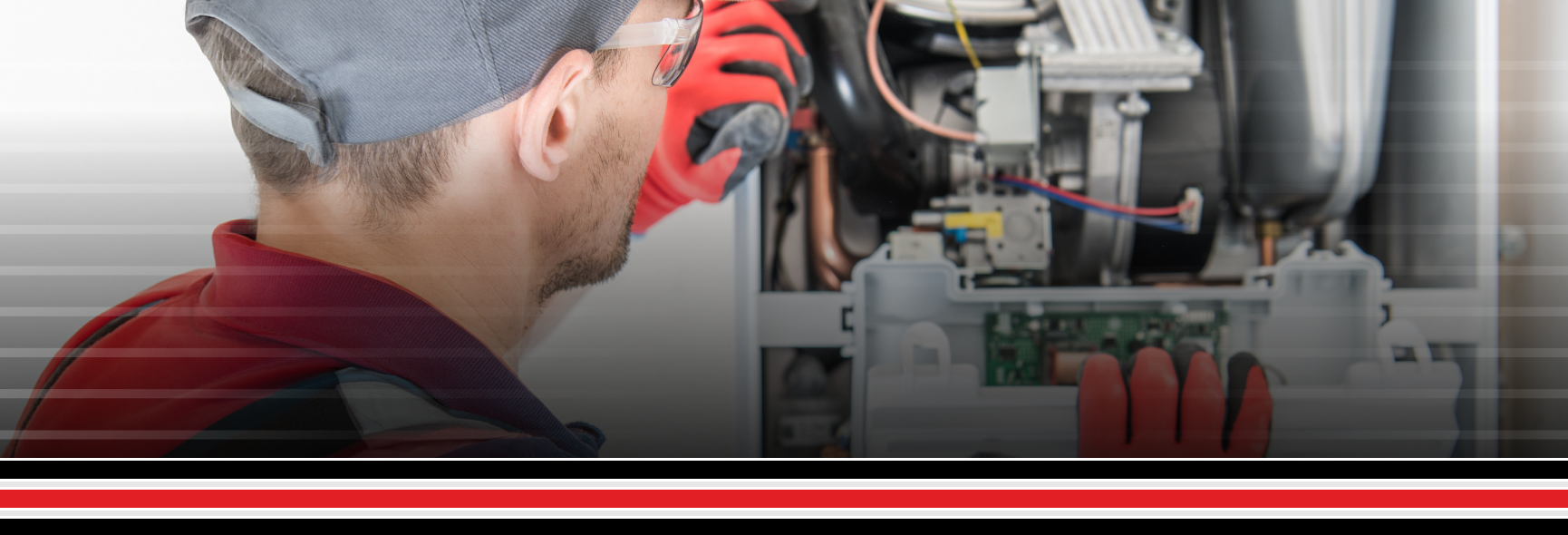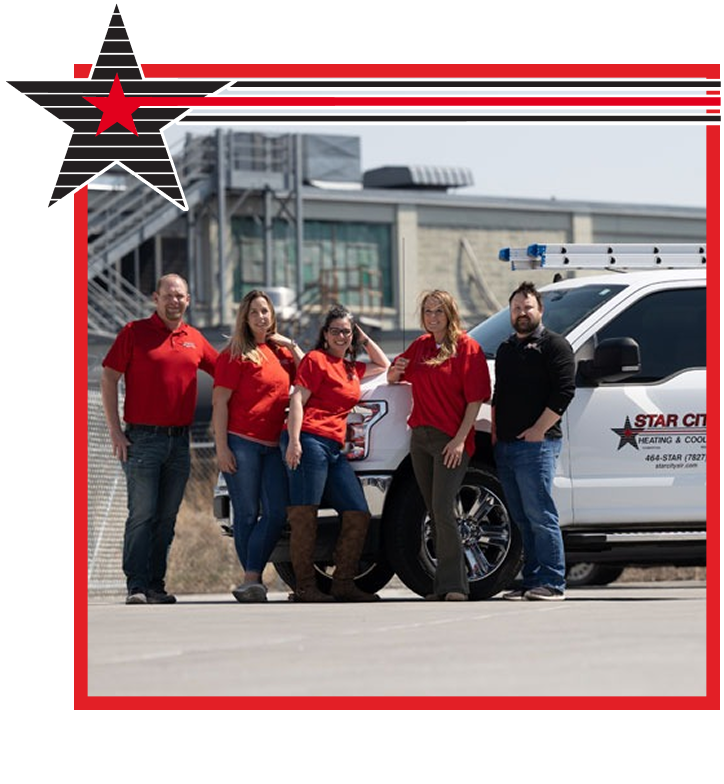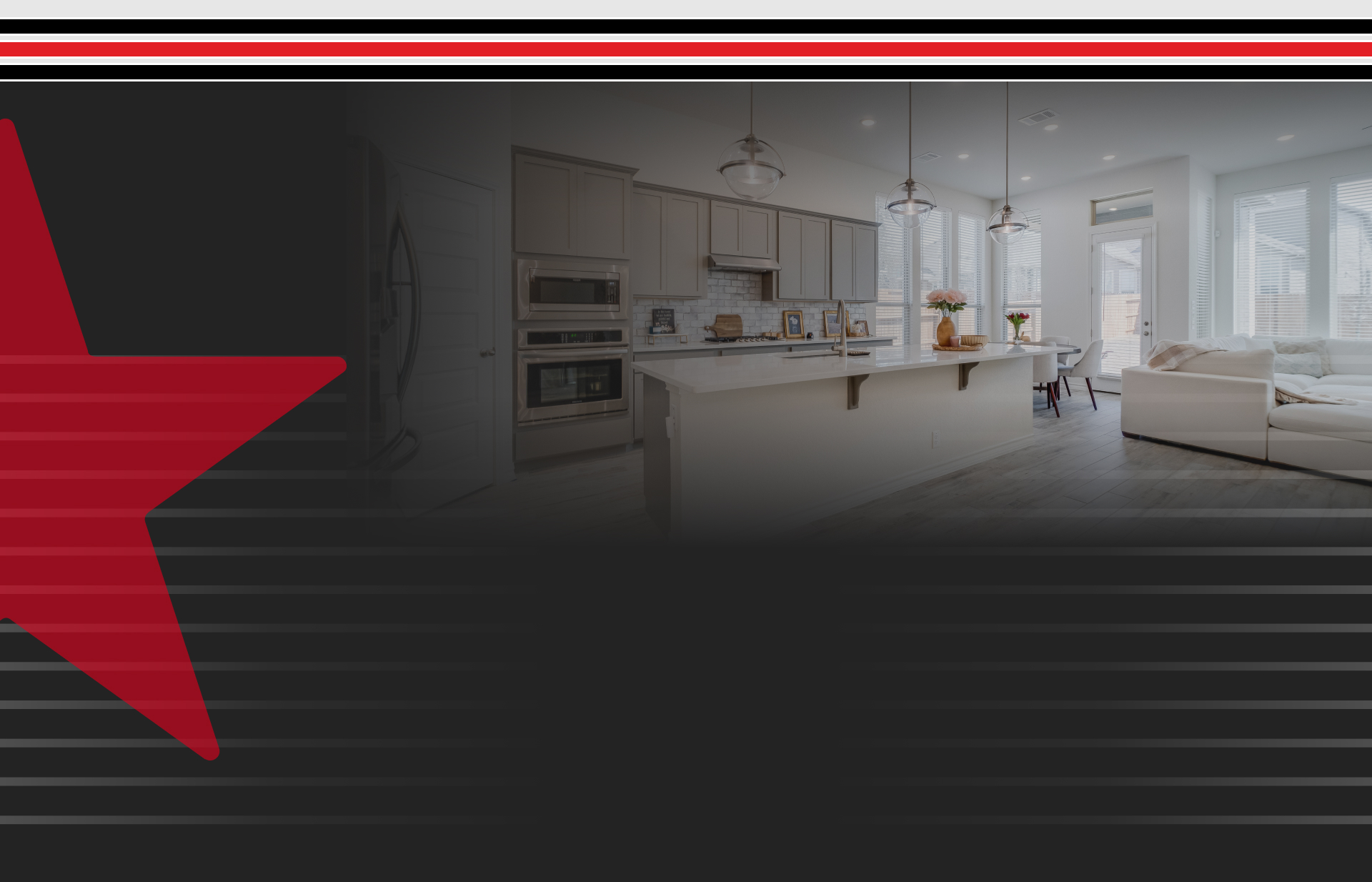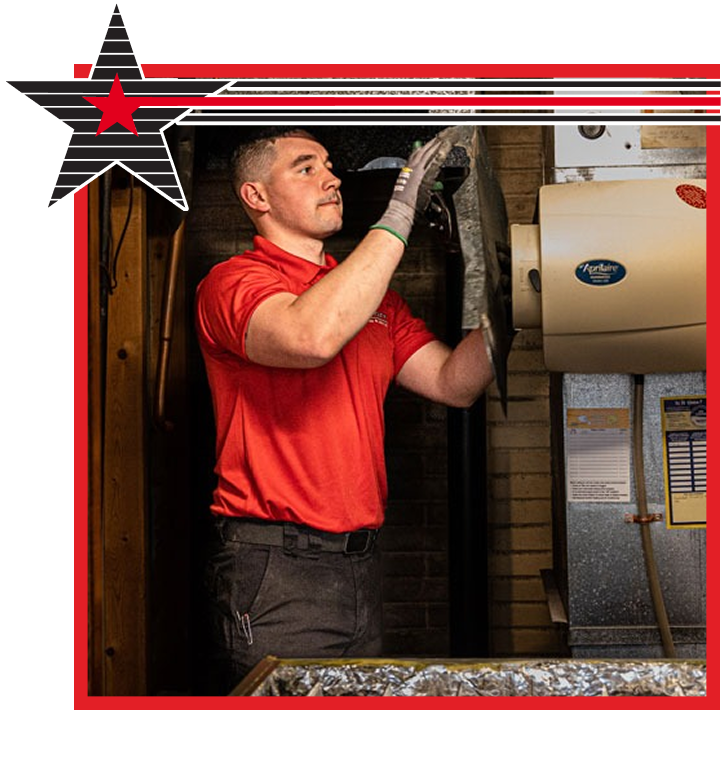
Furnace & Heating Company in Lincoln, NE
Keeping Homes & Businesses Warm in the Greater Lincoln Area Since 1983
Looking for heating installation, repair, or maintenance in Lincoln? Star City Heating & Cooling is just a call away! Since 1983, our licensed technicians have provided top-notch heating services to local homes and businesses. Whether it’s an aging furnace or a heat pump upgrade, our highly trained experts are here to help with upfront pricing and honest recommendations.
We understand the importance of having a dependable heating system during Nebraska’s snowy winters, which is why our team is available 24/7 for all your heating emergencies. When you call us, you can expect speedy service backed by five-star reviews, decades of experience, and our satisfaction guarantee.
So why wait? Reach out today to learn how you can benefit from our convenient same-day scheduling, weekend appointments, and financing options!
Don’t let a faulty heater leave you in the cold this winter! Our heating experts are just a call away in Lincoln. Call (402) 724-5494 to schedule a service!




Types of Heating Systems We Work On
At Star City Heating & Cooling, we offer a broad selection of high-quality heating systems to help you find the best fit for your residential or commercial heating needs! Our local pros are fully equipped to handle all types of heating equipment.
Below are some common types of heaters we work on:
Furnaces
From natural gas systems to electric models, we handle all types of furnaces to keep you warm and cozy.
Heat Pumps
Improve comfort and efficiency in your home or business with a professionally installed heat pump system.
Boilers
A boiler heats water and distributes it through radiators or in-floor tubing to heat your property, making it a reliable home heating option.
-
Here When You Need UsOur fleet of service trucks and Comfort Techs are ready to travel anywhere in Lincoln or Lancaster County—offering same-day service and same-day installations.
-
No Payment SurprisesStar City always gives you an upfront quote for the entire job before we start work—so you never pay more than expected.
-
Professional EmployeesAll Star City team members are uniformed, background-checked, and drug-tested for your comfort and safety
-
Experienced & ReliableLincoln, NE is our home too. We recommend the HVAC equipment and procedures that we use in our own homes.
When Should I Replace My Furnace?
Knowing when to replace an aging furnace is essential for protecting your comfort and investment. Here are some telltale signs your furnace might need to be replaced:
- Age. If your furnace system is nearing 10-15 years old, it might be time for a replacement.
- Frequent repairs. Recurring repair costs can add up quickly, signaling the need for a new furnace.
- Increased energy costs. If your energy bills are rising without changes in usage, this is a sign that your furnace isn’t performing as efficiently as it should.
- Inconsistent heating. If your furnace is struggling to heat your entire property, replacement may be necessary to restore even heating.
At Star City Heating & Cooling, we install, repair, and maintain all makes and models of furnaces to keep you warm all winter long. Reach out today to learn about our special warranty and payment plans!
How Long Does It Take to Install a New Heating System?
It depends on the complexity of the installation. A straightforward heating replacement usually takes 4-8 hours, while more complex installations can take 1-2 days or more. If the installation requires modifications to existing ductwork or electrical upgrades, you could face longer wait times.
At Star City Heating & Cooling, we aim to complete new heating installations with care and efficiency while minimizing disruptions to your daily routines. We also offer detailed quotes to give you a better idea of the anticipated timeframe and keep you in the loop while the project is completed!

Thank You, Christian & Star City“Christian was very knowledgeable and did a great job for us! Told us about services plans that fit our needs as well …so appreciated that. We feel we are well taken care of now!”Lindy L.

